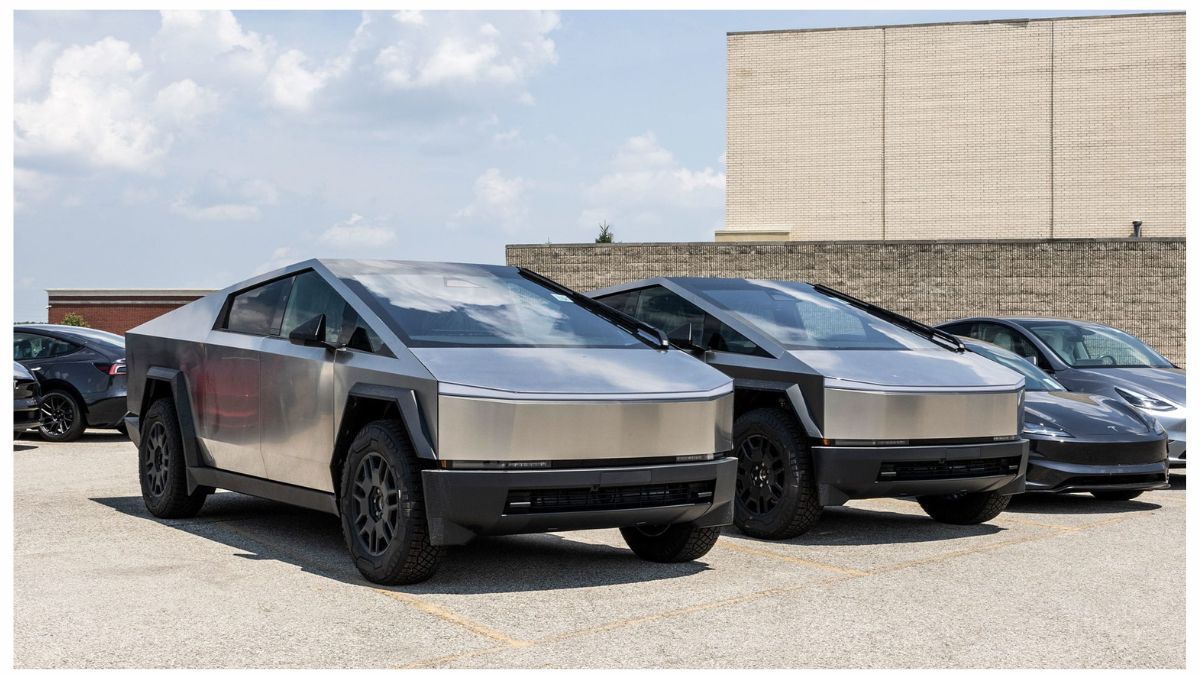Explore Tesla’s challenges with converting $79,990 Cybertruck reservations into sales amid rising competition and customer concerns about quality. Discover insights into buyer rejection trends and implications for Tesla’s future.
Tesla has recently faced significant challenges in converting reservations for its much-anticipated Cybertruck into actual sales. The introduction of the $79,990 variant, which began deliveries on October 4, 2024, has revealed a troubling trend: many reservation holders are opting out of finalizing their orders. This article delves into the factors contributing to Tesla’s struggles, the implications for the company, and what this means for the future of the Cybertruck.
Tesla Cybertruck
The Cybertruck was initially unveiled in November 2019, generating immense excitement and over 1 million reservations within days. However, as Tesla transitioned from the Foundation Series to the more affordable $79,990 model, it became apparent that consumer interest was not translating into purchases.

- Initial Hype: The Cybertruck’s futuristic design and innovative features attracted a diverse audience, leading to an unprecedented number of reservations.
- Foundation Series vs. Standard Model: The Foundation Series was marketed as a premium offering, but the subsequent standard model aimed to capture a broader market segment.
Current Sales Trends
Recent reports indicate that despite exhausting its reservation list within just nine days of opening order configurations for the $79,990 variant, many buyers are hesitant to proceed with their purchases.
- Reservation Exhaustion: Tesla invited over 1 million reservation holders to configure their vehicles, yet many chose not to finalize their orders.
- Customer Feedback: Many users on forums and social media have expressed confusion and disappointment regarding the delivery process and product quality. Some reservation holders reported being invited to configure their trucks much sooner than expected, indicating a potential backlog or oversupply issue.
read more: Tesla Cybertrucks Recalled Five Times in Less Than a Year: What’s Going On?
Reasons for Buyer Rejection
Several factors may explain why buyers are rejecting the $79,990 Cybertruck:
- Pricing Concerns: While $79,990 is positioned as an affordable entry point for a Tesla vehicle, potential buyers may still find it steep compared to traditional pickup trucks with similar features.
- Quality Issues: Early adopters of the Cybertruck have reported various build quality issues with earlier models. Concerns about reliability and durability could deter new buyers from committing.
- Market Competition: The electric vehicle (EV) market is becoming increasingly competitive. Rivals like Rivian and Ford are offering compelling alternatives that may sway potential customers away from Tesla.
- Consumer Expectations vs. Reality: Many reservation holders had high expectations based on early marketing and promotional materials. Discrepancies between these expectations and the actual product may lead to disappointment.
Implications for Tesla
The struggles with the Cybertruck’s sales could have several implications for Tesla:
- Financial Impact: A significant drop in demand could affect Tesla’s revenue projections and overall financial health. As one of its flagship products, the Cybertruck is crucial for maintaining investor confidence.
- Brand Reputation: Ongoing quality issues and customer dissatisfaction could tarnish Tesla’s reputation as a leader in innovation and quality in the EV space.
- Future Models: How Tesla addresses these challenges will likely influence its strategy for future models. The company may need to reconsider its pricing strategy or enhance its quality control measures.
What Lies Ahead?
As Tesla navigates these turbulent waters, several strategies could help regain consumer trust and boost sales:
- Enhanced Quality Control: Addressing build quality issues is paramount. Implementing stricter quality control measures could help restore confidence among potential buyers.
- Revisiting Pricing Strategies: Offering incentives or financing options might make the Cybertruck more appealing to cost-sensitive consumers.
- Improved Marketing Efforts: Clear communication regarding product features and benefits can help manage consumer expectations and highlight improvements made since initial models were released.
- Engaging with Customers: Actively seeking feedback from current reservation holders can provide valuable insights into consumer preferences and concerns.
Tesla’s current struggle with converting Cybertruck reservations into sales highlights significant challenges within the company’s strategy. As competition in the EV market intensifies and consumer expectations evolve, it will be crucial for Tesla to adapt quickly. By focusing on quality improvements, strategic pricing adjustments, and enhanced customer engagement, Tesla can work towards restoring its position as a leader in electric vehicles while ensuring that its flagship product meets market demands effectively.










